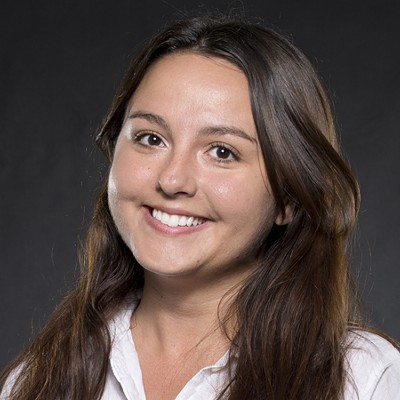From May 13 to 15, across the state, a slew of "body rub" businesses was busted by the Department of Health for operating without proper massage licenses. Operation Trigger Point lasted only three days, but the final count was 64 cease-and-desist orders being issued as a result of the sting. More than a third of those orders — 24 of them — were in Broward and Palm Beach counties.
Florida requires that massage therapists clock in 500 hours of experience before applying for a license and passing a state board exam. The cost is estimated at $10,000 to $20,000. In addition, massage facilities are required to post their license number outside the storefront and have visible identification for each worker.
Enforcing massage license requirements has been an ongoing effort. From July 2014 to July 2015, a total of 35 massage parlors in Broward and Palm Beach counties were found operating without the proper licenses. According to a news release by the Department of Health on its three-day license-enforcing mission in May, receiving treatment by someone without a license could lead to “further injury, disease, or even death.” Some massage therapists claim that pressing the wrong body part could be fatal.
In Hollywood, the city recently passed an ordinance restricting the number of massage parlors allowed to operate. The city acknowledged that the law was less about bad massages than it was a measure to prevent human trafficking.
“Research has shown a connection between not-properly licensed massage parlors and human trafficking,” City of Hollywood’s Director of Public Affairs Raelin Storey told New Times last month. “There are quite a lot of stats that show human trafficking’s connection with massage parlors is a problem in Broward County and Florida as a whole.”
In Florida, any person who knowingly “recruits, harbors, entices, transports, or obtains a person with the knowledge of coercion, fraud, or force” another person into prostitution is guilty of human trafficking, a second-degree felony punishable by up to 15 years. It is also illegal to accept cash or tips for sex and also illegal for a customer to ask for them. Experts believe that the internet (discrete but also easy to search on Google) provoked the recent spike in unlicensed massage parlors potentially linked to human trafficking.
Defense lawyers argue that this type of policing might lead to victims being charged with prostitution, a misdemeanor punishable by a 60-day sentence. Defense lawyers are also quick to point out that massage parlors featuring Asian women and Oriental massages are unfairly targeted. Almost a third of the parlors busted in the past year were run by Asian women.
Of the 35 parlors busted in Broward and Palm Beach, two reached a settlement agreement, three agreed to the cease and desist, and 11 were issued a fine. The rest remain under legal review.
The Florida Department of Health sent New Times a statement about the findings:
The Department of Health’s Bureau of Enforcement is dedicated to protecting the people of Florida from the dangers of unlicensed health care activity for all professions within its authority. The Department of Health, with support from local law enforcement carries out statewide operations, such as Operation Jack O Lantern (Optical) in October 2014 and Operation Trigger Point (Massage) in May 2015. All unlicensed activity allegations, regardless of profession, are taken serious and reviewed for legal sufficiency.











